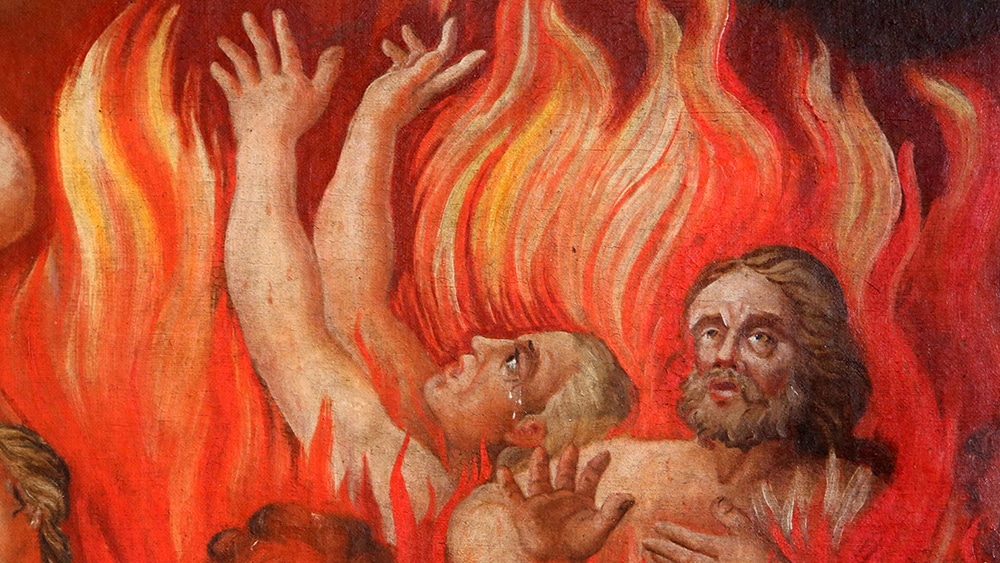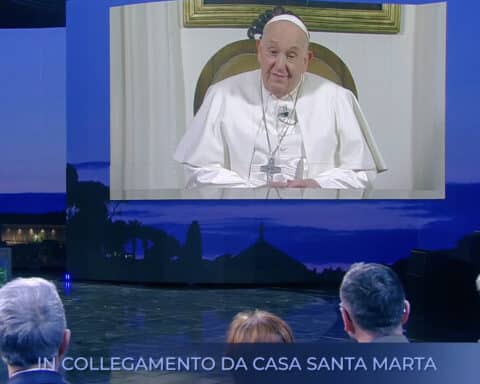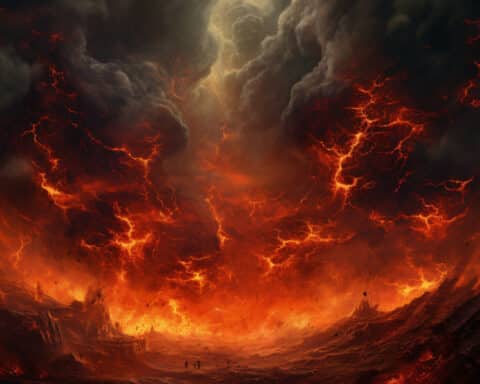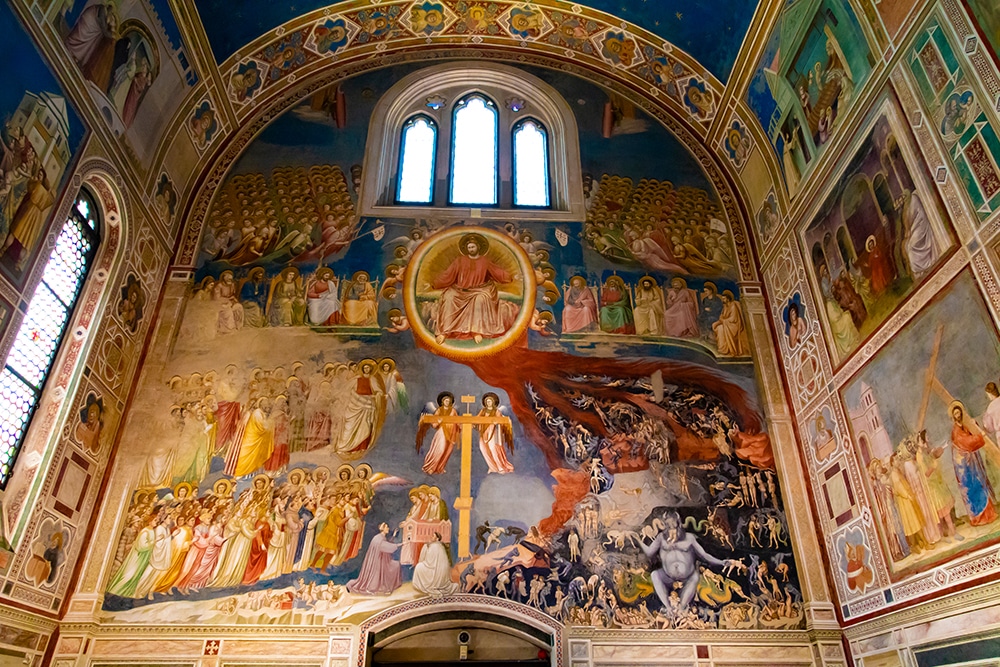
— Name withheld, via email
Answer: Consider the premise of the question: “God at Time A considers making a person at Time B whom he knows at Time C will go to hell.” This sequence troubles us and makes us believe that God should not do this. But this puts God in chronological time, where he does not operate. So the presumption of our question is flawed and our conclusion that it is wrong for God to do this is simplistic.
Nevertheless we can ponder a partial answer to our question by considering some aspects that would emerge if God were to refuse to create anyone who would go to hell. What would this do to human freedom? If God only created human beings he knew would go to heaven and refuse to create souls that would reject his offer of heaven, this would front-load the process and, in effect, cancel our freedom. If God only created the obedient, could we really say that obedience was any longer possible or had any real significance? No, because God has loaded the dice and decided beforehand that the disobedient aren’t even allowed to exist. They cannot prefer something other than God’s kingdom because they aren’t even here to do that. Actual choices are necessary for actual freedom. And freedom is necessary for there to be love. Hence, our scenario cancels out the whole basis of human freedom and the possibility of making a free choice to love God and choose his kingdom with his principles and values.
This also reveals the second problem with our scenario: It deals a blow to human dignity. Freedom is an essential component of our dignity. Without it we are reduced to slaves with no real choice since everything leads to only one solution or destination.
Finally, our scenario that it is wrong for God to create anyone he knows will go to hell overlooks that our lives are not just about ourselves. It is true I exist for my own sake. But it is also true that I am part of a bigger picture where my existence interacts with other people and events. In the aftermath of original sin, God allows the interaction of the good and wicked, the heaven-bound and the hell-bound, to influence and shape the members of his body. Hence, God permits trials, difficulties; even our enemies and those who reject God all have a role in our lives. This is a mysterious aspect of God’s providence. He can draw good even from evil situations or people. Canceling their existence would affect not only them but us, who, we pray, are heaven-bound.
Thus, without fully solving the questions you raise, these considerations ask us to consider the implications of our “solutions” to the perceived problem. In the balance of his providence, God is holding a lot of things together: freedom to choose and love, human dignity and the role of adversity, among many other things we do not see.
Bells at Mass
Question: Our pastor discontinued the ringing of bells during Mass, saying it was meant to signal the faithful at a time when they were largely uninvolved in Mass; since this is no longer true, bells are not needed. Is this true?
— Shirley Johnson, via email
Answer: It is true that there were many practical reasons that bells were rung during the Mass. Before audio systems and electricity, it was harder to hear and see what was happening at Mass. This was especially true in larger city churches. Further, the priest was facing the altar and quietly whispered more of the Mass than today. In this period, Catholics who attended Mass might quietly say a Rosary or some other prayers during the quieter times of the Mass. Bells were rung to alert the faithful of the elevation of the host and chalice, or to come forward for holy Communion.
That said, to say bells were merely functional is too reductionist. Bells clearly add a dimension of the sacred to holy Mass. Their very sound says, “This is special … pay close and prayerful attention.” Though Mass is more audible today, human nature remains the same, and people tend to let their attention stray.
Msgr. Charles Pope is the pastor of Holy Comforter-St. Cyprian in Washington, D.C., and writes for the Archdiocese of Washington, D.C. at blog.adw.org. Send questions to msgrpope@osv.com.





